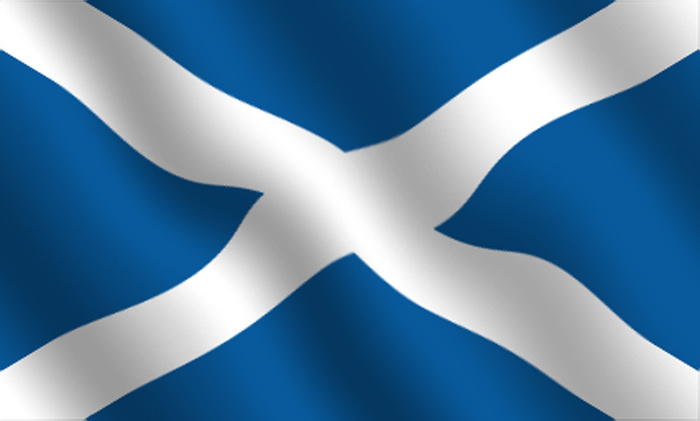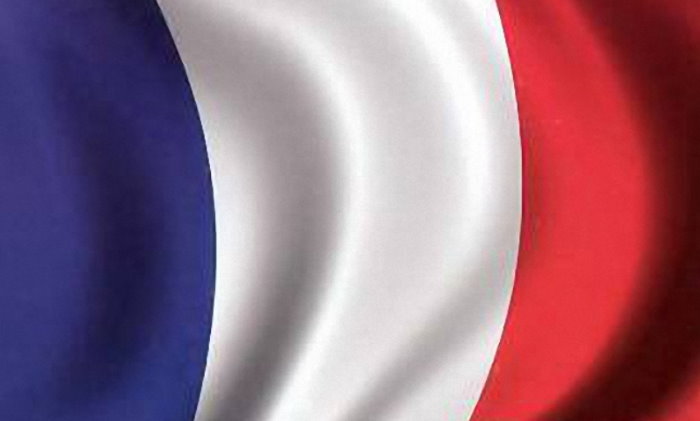|
"When the Battle is Over” is a suitable title for a retreat march as these were played
for soldiers when returning to their barracks or camp at the end of the day. It is a late 19th century composition by Pipe Major William Robb, of the Argyll and Sutherland Highlanders, the tune entered piping repertoire between the Boer and First World Wars. This march bears a strong resemblance to the melody "The Last Rose of Summer" of Thomas Moore (1779 – 1852) an Irish poet, singer, songwriter, and entertainer, now also remembered for the lyrics of The Minstrel Boy. He is considered Ireland’s National Bard and is to Ireland what Robert Burns is to Scotland. |

|
The lyrics by Andy Stewart were written in 1961.

When the Battle’s Over I returned to the fields of glory, Where the green grasses and flowers grow. And the wind softly tells the story, Of the brave lads of long ago.
Chorus
In the great glen they lay a sleeping,
Chorus
See the tall grass is there awaiting,
Chorus
Some return from the fields of glory,
Chorus |

Lorsque la bataille cessa Je suis retourné au champ d’honneur Où les herbes vertes et les fleurs poussent et le vent raconte doucement l’histoire des braves montagnards d’autrefois.
Refrain
Refrain
Regarde les hautes herbes qui attendent ici
Refrain
Certains revinrent du chant d’honneur
Refrain |

Left blooming alone; All her lovely companions Are faded and gone; No flower of her kindred, No rosebud is nigh, To reflect back her blushes, To give sigh for sigh.
I’ll not leave thee, thou lone one!
So soon may I follow,
|

Seule encore en fleur toutes ses jolies compagnes sont fanées et ont disparues ; aucune fleur de sa famille aucun bouton de rose n’est assez proche pour réfléchir sa couleur rose pour rendre un soupir au soupir
Je ne la laisserai pas seule
Bientôt mon tour viendra
|
|
Andy Stewart
|
The Last Rose of Summer
|

